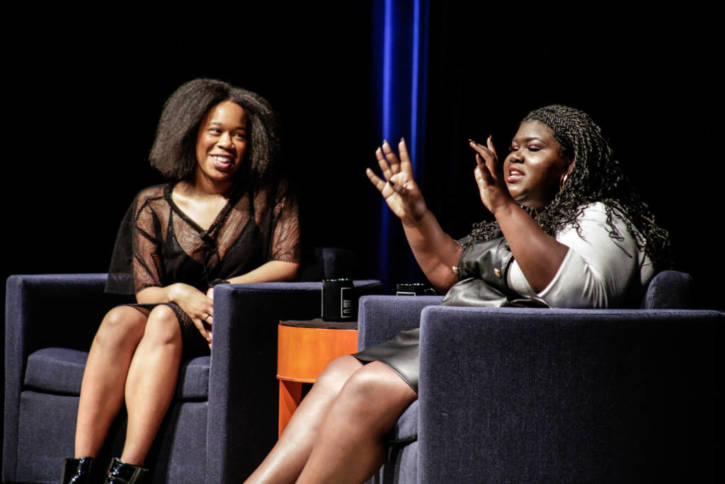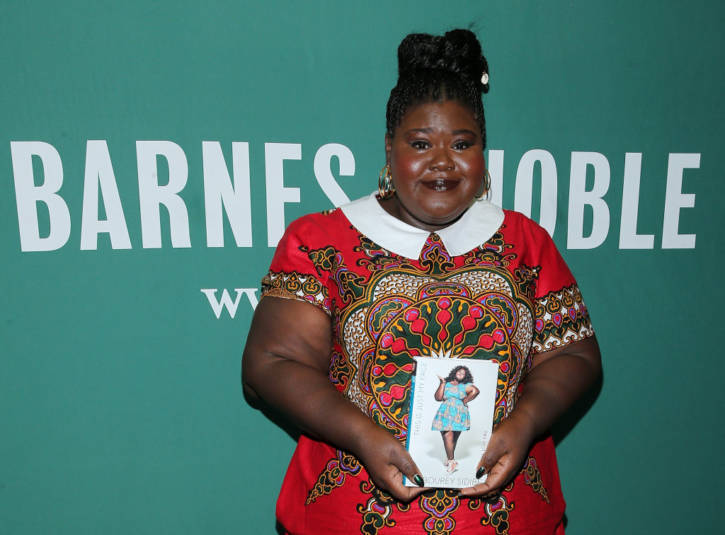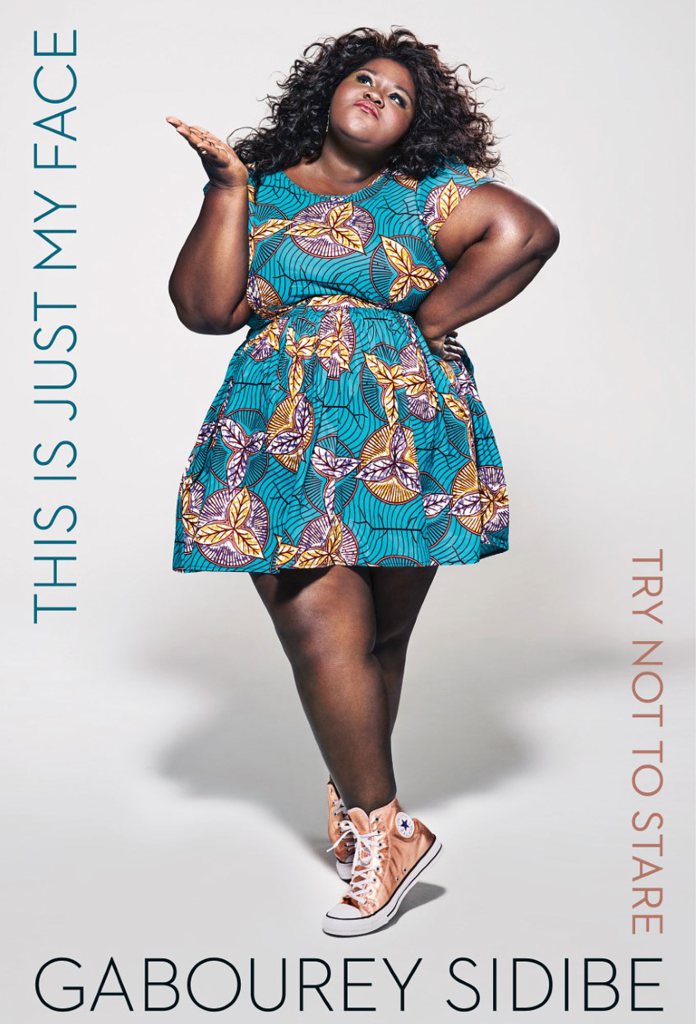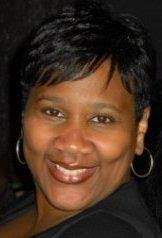 You hate your job, right? Well, you only have it really bad if you're employed in one of these occupations, since these are the jobs most likely to have caused a major depression in the last few years.
You hate your job, right? Well, you only have it really bad if you're employed in one of these occupations, since these are the jobs most likely to have caused a major depression in the last few years.
Here are 7 fields (out of 21 major job categories) in which full-time workers are most likely to report an episode of major depression in a given year. Does your job make the list?
6. Administrative support staff
People in this field can suffer from a classic case of high demand, low control. They are on the front line, taking orders from all directions. But they are also at the bottom of the totem pole in terms of control and everything filters down. They can have unpredictable days and may not be acknowledged for all of the work that they do to make life easier for everyone else.
5. Teachers
The demands on teachers seem to be constantly growing. Many work after school and then take work home. In many areas, they learn to do a lot with a little. There are pressures from many different audiences—the kids, their parents, and the schools trying to meet standards, all (of which) have different demands. This can make it difficult for teachers to do their thing and remember the reason they got started in the field.
4. Construction Workers
According to the CDC, construction workers are some of the most depressed people in the country--yes, construction workers! You may find that hard to believe but the report says they have one of the highest rates of suicide. There could be many reasons for this, but one of them stems from the general feeling that construction is a “dead end” career. The United States has a surplus of houses, and most of the valuable land has already been built on. This adds up to a physically demanding job rife with layoffs and depression.
3. Artists & entertainers
These jobs can bring irregular paychecks, uncertain hours, and isolation. Creative people may also have higher rates of mood disorders; about 9% reported an episode of major depression in the previous year. In men, it’s the job category most likely to be associated with an episode of major depression (nearly 7% in full-time workers).
One thing seen a lot in entertainers and artists is bipolar illness. There could be undiagnosed or untreated mood disorders in people who are artistic. Depression is not uncommon to those who are drawn to work in the arts, and then the lifestyle contributes to it.
2. Social workers
Dealing with abused children or families on the brink of every imaginable crisis—combined with bureaucratic red tape—can make for a demanding, stressful job that’s often 24-7. There can be a culture that says that to do a good job, you have to work really hard and often make sacrifices. Because social workers work with people who are so needy, it can be hard to not sacrifice too much to the job. I see that happen a lot with social workers and other caring professions, and they get really burned out pretty quickly.
1. Food service staff
Wait staff often get low pay and can have exhausting jobs with numerous people telling them what to do each day. While 10% of workers in general reported an episode of major depression in the past year, almost 15% of women in this field did so. This is often a very thankless job. People can be really rude and there is a lot of physical exertion. When people are depressed, it is hard to have energy and motivation—when you have to be on, it is difficult.
Gabourey Sidibe Speaks Out: "Depression Is A Real Thing For All Of Us"

In that film, Sidibe’s character, Claireece “Precious” Jones, lived a very troubled life mired in physical and sexual abuse; however, it was the emotional abuse her character endured that exemplified art imitating life, particularly where her size is concerned. Despite moving on to films like Tower Heist (opposite Ben Stiller and Eddie Murphy) and landing small screen roles in television series including “The Big C,” “American Horror Story” and her current role on the FOX hit “Empire,” her frame is still often a focal point, resulting in merciless teasing, including still being mockingly referred to as “Precious.”
In her new (and first) book, This Is Just My Face: Try Not to Stare, Gabourey Sidibe discusses her life growing up in New York and her rise to fame as a movie and television star. While the book does show off her humorous side, including stories about her first job as a phone sex operator, she also gets deeply personal when she shares her experiences with “celebrity, haters, fashion, race, and weight,” her struggles with bulimia, and having undergone weight loss surgery.

Recently, as part of the Chicago Humanities Festival, the award-winning actress was in the Windy City to chat about the book; the session, moderated by Chicago-based writer Britt Julious, was Sidibe at her best: interactive, engaging, and witty.
When she decided to write the book, she didn’t initially plan to take a biographical approach. “When I started writing it, I didn’t intend on it being a memoir at all; I really thought it was going to be a collection of essays,” she told the Chicago crowd. “I decided to write what mattered to me.”
Sidibe, a gifted storyteller, more than entertained the audience with topics including her love affair with [Black] Twitter, casual, on-the-street encounters with fans, and her friendship with director Lee Daniels; however, things took a more serious tone when she talked about her battles with depression.
For her, it was important to include this subject matter in her book. “I wrote about depression because it was a huge deal to me. I had actually been showing signs of depression since I was nine years old but everyone ignored it.” She went even further by discussing African-Americans and mental illness, a topic that has long been taboo.
 According to the National Alliance on Mental Illness (NAMI), the Health and Human Services Office of Minority Health reported that, “African Americans are 20% more likely to experience serious mental health problems than the general population.”
According to the National Alliance on Mental Illness (NAMI), the Health and Human Services Office of Minority Health reported that, “African Americans are 20% more likely to experience serious mental health problems than the general population.”
The notion of “suffering in silence” is all too familiar to Sidibe as she asserted, “Depression is a real thing for all of us—for every human being regardless of gender or sexuality or race.” She added, “But for some reason, I think in the Black community, it’s hard to wrap your head around being sick with something that you can’t see.” Knowing something was “medically wrong” with her, she took her mental health into her own hands and eventually got the help she needed.
Sidibe hilariously and candidly engaged the audience throughout the evening and judging by the long line of fans who eagerly waited for her to sign their copy of her book, a follow-up to This Is Just My Face might not be too far behind.
 LaShawn Williams is a freelance writer and editor from Chicago, Illinois. She is an arts and entertainment enthusiast who has a serious thing for stand-up comedy, music and dance. Follow her on Twitter:@MsWilliamsWorld.
LaShawn Williams is a freelance writer and editor from Chicago, Illinois. She is an arts and entertainment enthusiast who has a serious thing for stand-up comedy, music and dance. Follow her on Twitter:@MsWilliamsWorld.








